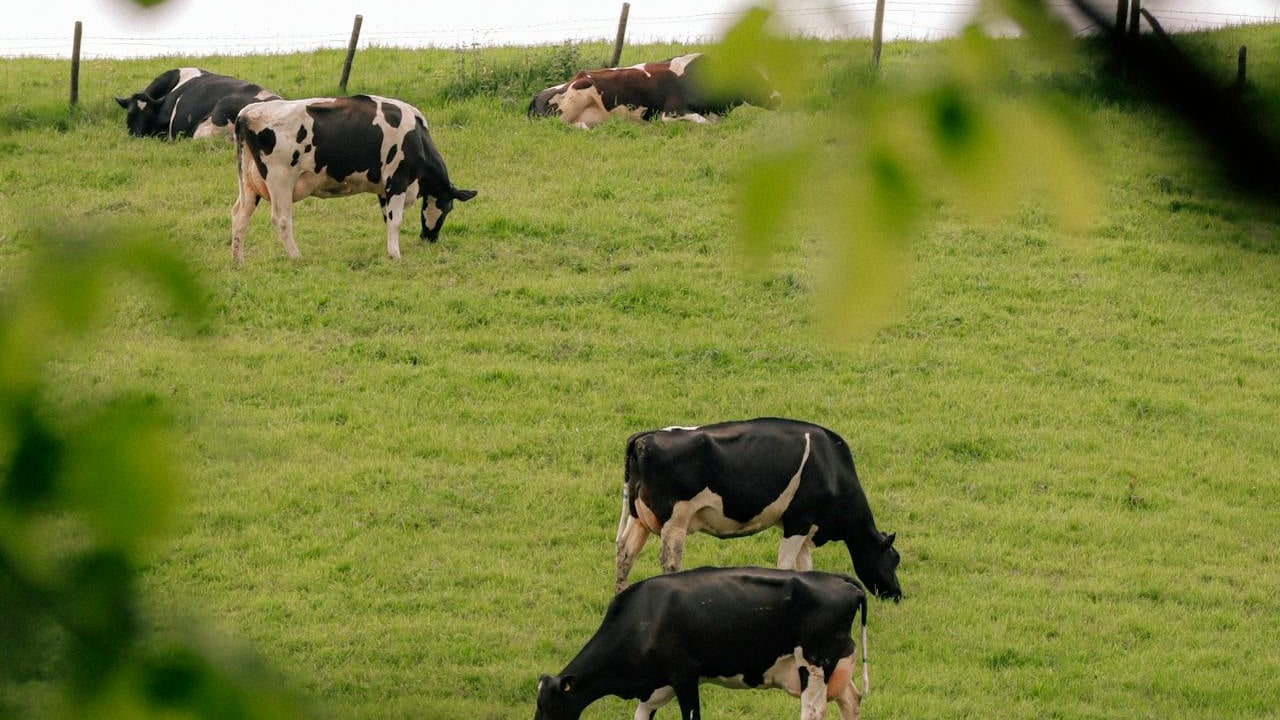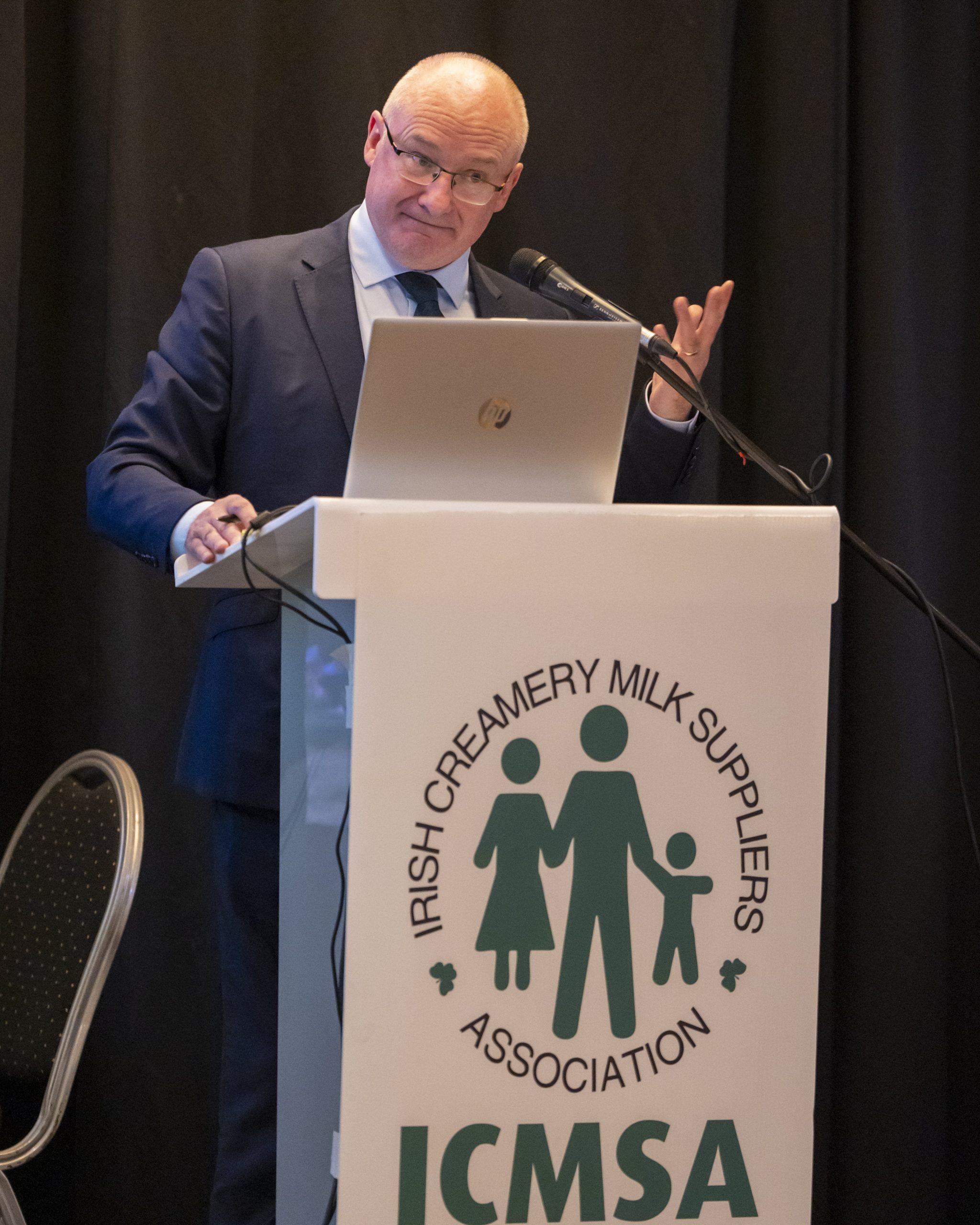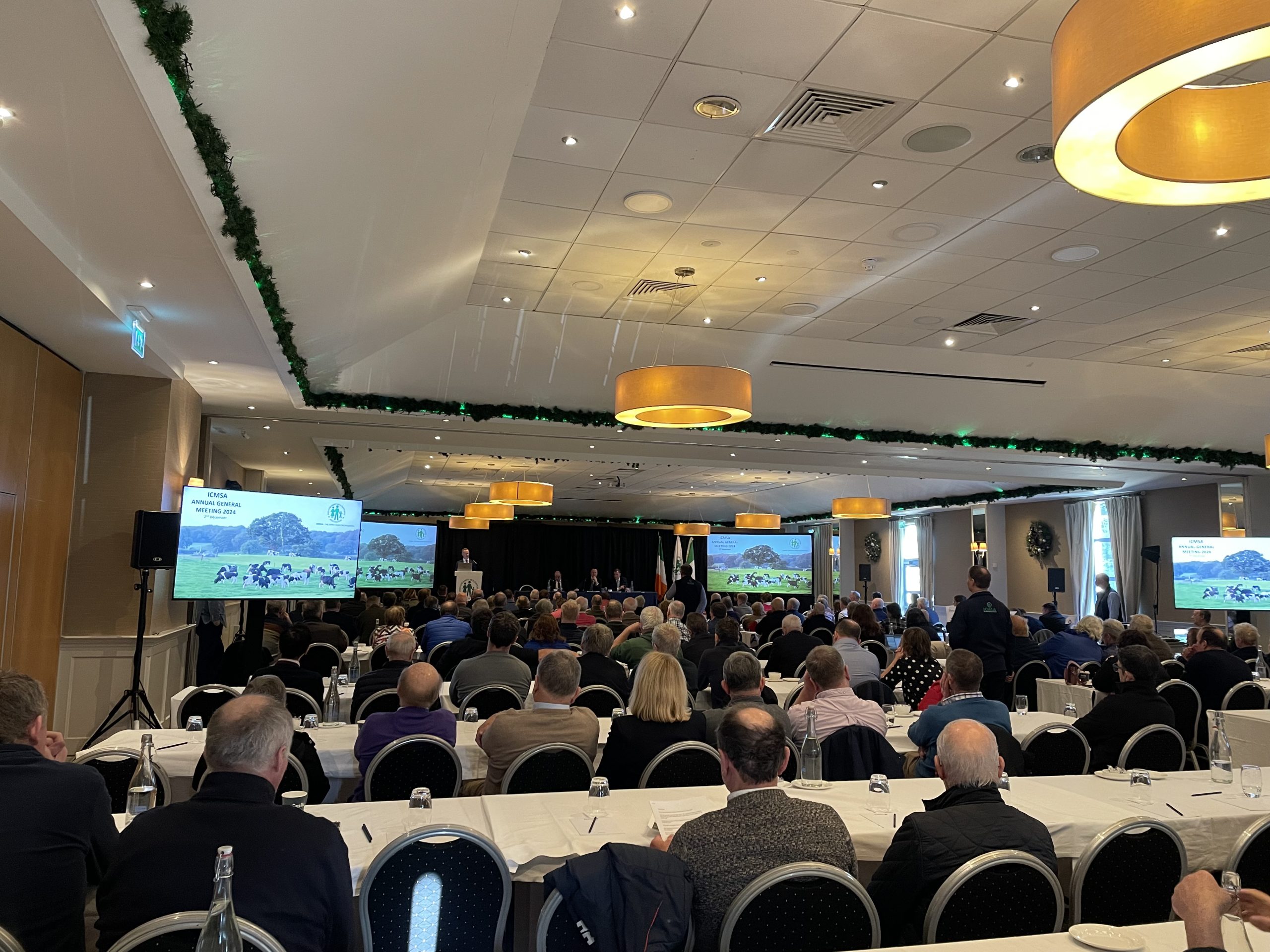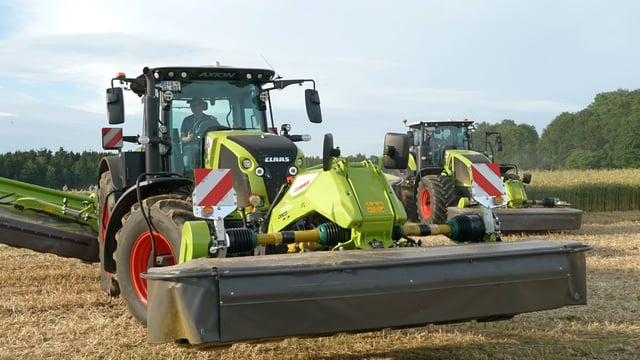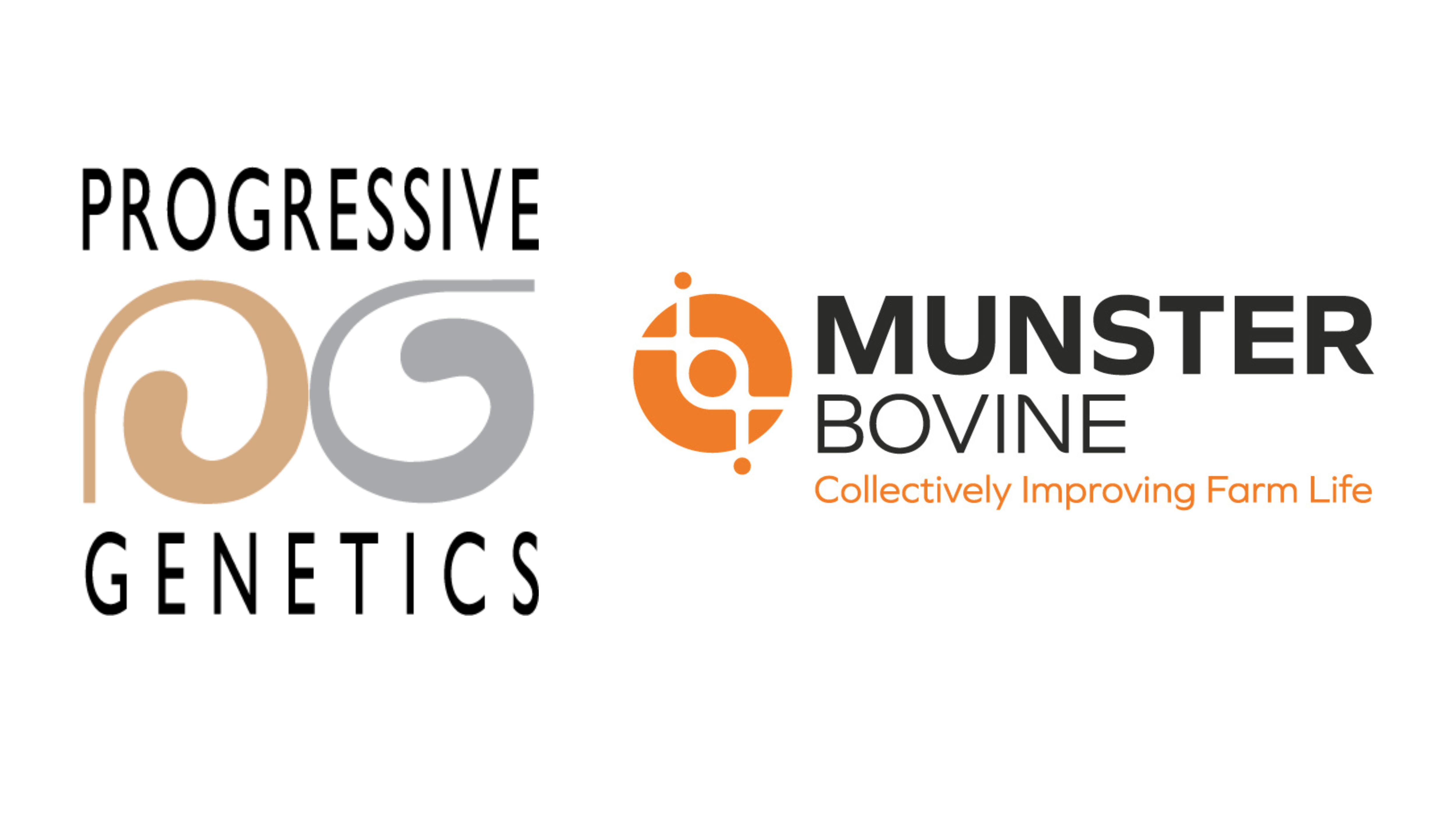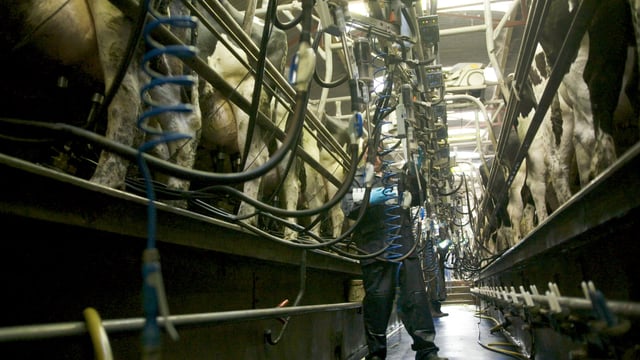Bovine TB policy 'needs a reset' - DAFM general secretary
The policy around bovine tuberculosis (TB) needs to be "reset", according to the general secretary at the Department of Agriculture, Food and the Marine (DAFM).
Brendan Gleeson made the comments as he addressed the Irish Creamery Milk Suppliers' Association (ICMSA) Annual General Meeting (AGM) in Limerick today (Monday, December 2).
As of October 27, 5,906 herds have suffered a TB breakdown in the last twelve months in comparison to 4,914 in the same period last year.
The overall cost to the exchequer of the National TB Eradication Programme, excluding staff costs, has increased from €57 million in 2023 to €74 million as of the end of October and is on track to increase further in 2025.
Brendan Gleeson told the ICMSA AGM that he shares the concern of farmers across the country when it comes to bovine TB.
He said that "not too many things keep me awake at night, but TB does", adding it is "obvious" that "we have to do something beyond what we're doing now".
"I agree that the policy needs a reset. We need to have an honest conversation about what's needed to halt the march of the disease.
"We need to be doing everything we can to stop herd-to-herd transmission, to limit transmission within herds from high-risk animals and to mitigate the risk from wildlife," he said.
Gleeson said that the department has "no ideological opposition" to bovine TB vaccination.
"However, with the technology available right now, it's difficult to distinguish between a vaccinated animal and a TB positive animal.
"There is research going on to perfect the technology and when we have a functional vaccine, targeted vaccination could certainly be part of the toolbox to combat the disease.
"Of course, we would have to consider any potential impact on international trade, but the technology is not there yet. So the bottom line is we can't afford to wait around for some silver bullet," he said.
Gleeson said that the National Genotyping Programme provides a "real opportunity" to identify TB resistant animals through technology.
"I don't want to say anything here that might prejudice the deliberations of a new minister but I'm absolutely certain that if we're to change things for the better, it will involve some tough decisions," he said.
When the floor was opened for questions at the AGM, concerns around the spread of TB were a dominant feature.
One ICMSA member, who said that TB was "huge problem" in Co. Clare, called for a "structured deer cull" and more vaccination for badgers.
Another farmer told the meeting that he has "lost confidence" in the science around the TB programme citing "anomalies", which the department is investigating.
"We really need to refocus on the science. If we cannot deploy all the tools in the toolbox to stop this problem, we're wasting our time focusing on movements," he added.
The department general secretary said that the budget for wildlife control has doubled since 2019.
"We're vaccinating and culling more badgers than we ever did before. We're never going to go back to a situation where we're culling badgers everywhere, they are a protected species. We're not going to get away with that," he said.
Former ICMSA president Pat McCormack highlighted the issue of cattle movements and referenced the changes which were implemented to achieve the eradication of brucellosis.
In response, Gleeson said that farm-to-farm movements of cattle pose a risk when it comes to TB, along with movement to and from marts.
"If we're going to honestly have a conversation about how do we mitigate the risk of spreading TB we have to have a conversation about those elements.
"That will be a matter for a new minister and a new government. I'm quite sure there will be engagement with farm bodies on that," he said.
One farmer told the meeting that his family farm never went down with TB in 20 years until September of this year when they lost 22 cows to the disease, which was 10% of the herd.
"It cuts the legs from under you, it takes the confidence away from the whole system," he said.
Gleeson acknowledged that losing that number of animals to TB was "a savage blow".
He said that moving forward the question will be what the department and the sector together are willing to do to prevent the spread of TB.
"I'm not going to accept that all of the solutions lie with the department here.
"I think we have to work together and take some difficult decisions about farm-to-farm movement, mitigating the risk for farmers, giving people the information they need to mitigate their own risk. All of those things are part of the picture.
"I accept that we have to do more on wildlife, but it worries me that people's first port of call is always the wildlife and it's not the only problem," he said.

